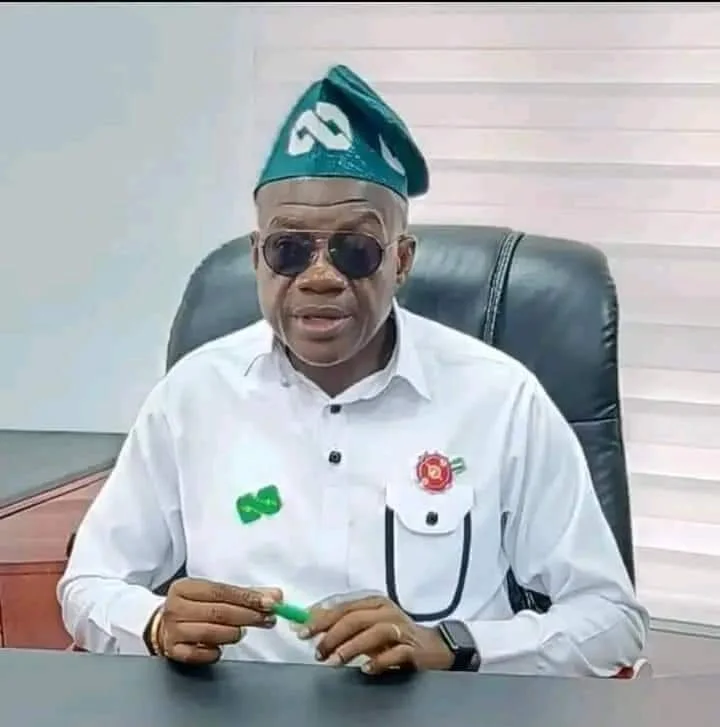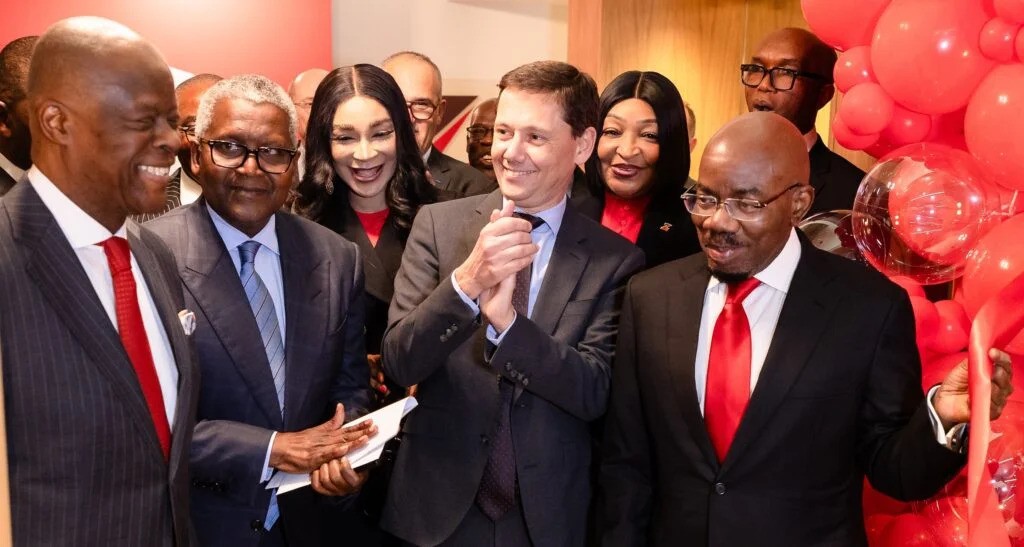Eighteen months on, still very little – if any – is heard from the Tinubu administration on the whistleblowing and whistleblower protection bill now said to be lying in the presidency and awaiting a re-transmission to the national assembly for passage into law hopefully, according to competent sources in the Federal Ministry of Finance, the institution managing Nigeria’s whistleblowing policy introduced since December 21, 2016, by the Buhari administration.
The draft executive bill, titled whistleblowing and whistleblower protection act 2021, was projected to be a stand-alone protection law to replace the policy that was created through an executive order to rein in entrenched public sector corruption. The draft was extensively reviewed and approved December 16, 2022, at a Federal Executive Council meeting presided over by Vice President Yemi Osinbajo, a law professor.
Following the adoption, the vice president directed Festus Keyamo, one of the senior lawyers in the council, to work with officials of the Federal Ministry of Justice to straighten out grey areas of the document, and he also stressed the urgency of the moment by remarking at the meeting that Nigerians could no longer wait to have a whistleblower protection law. A mild way of saying it’s an embarrassment for the country not to have such a law in place at this time.
It’s enough to say dark clouds fell on the bill soon after that FEC meeting. Although the bill eventually made its way to the national assembly, it was never passed into law as expected by the time the Buhari government expired and the ninth assembly wound up. As it turned out, the hope of the multitude waiting for a whistleblower protection law signed by Buhari had been dashed on the altar of reasons that are not unfamiliar yet too unpalatable a dish to be served on this table.
The onus is now on the Tinubu presidency to re-present the bill to the tenth assembly and nudge the lawmakers towards its quick passage into law as the president is doing with other executive bills of deep interest and concern to him. To begin to adduce reasons as to why this has yet to happen would be speculative. However, the mood of most Nigerian participants at the just-concluded two-day subregional conference on whistleblowing and whistleblower protection in West Africa held at the EFCC Academy in Abuja, was one of palpable displeasure at the absence of a comprehensive legal protection for citizens subjected to retaliation for reporting corruption and other misconduct in the public interest.
A handful of these persecuted, and understandably brutally cynical whistleblowers showed up to share gut-wrenching ordeals at the conference organized by the African Centre for Media and Information Literacy (AFRICMIL), in collaboration with Progressive Impact Organisation for Community Development (PRIMORG) and supported by Economic and Financial Crimes Commission (EFCC), Platform to Protect Whistleblowers in Africa (PPLAAF), and MacArthur Foundation.
The theme of the conference was, Reducing Corruption in West Africa: The Importance of Whistleblowing and Whistleblower Protection Legislations. The objective, for AFRICMIL and its partner, is to use the forum to launch a strong case for whistleblowing as a democratic accountability tool in the subregion and encourage ECOWAS member states to put in place whistleblower protection legislations as one of the best ways of providing cover for citizens who report corruption and other illegalities that endanger society’s wellbeing.
The conference lived up to its billing, featuring physical and online participants with over 100 persons including civil society actors, law enforcement and anti-corruption agencies, government agencies, development partners, media and delegates from Benin, Togo, Cameroon, Ghana, Senegal and Mali attending physically. Not forgetting a battery of virtual local and foreign participants including Whistleblowers International Network (WIN) and Whistleblowers of America (WoA).
Etannibi Alemika, a retired professor of criminology and sociology of law, one of a rare group of Nigerian academics that can be accused of anything but not lack of thoroughness, depth of character or serious thought, was the keynote speaker. There couldn’t have been a more fitting candidate for that role. And in his typical fashion – amid intermittent pauses to discharge his rapier-like wit – he proved once again on the occasion to be the quintessence of intellectualism with his incisive excursion into a seven-page paper that reinforces his status as a pillar of authority on the anatomy of corruption and strategies for its remediation.
More than anyone in the gathering, Alemika knew the origins of the Nigerian whistleblowing policy as an anti-corruption strategy, having been in the Presidential Advisory Committee Against Corruption (PACAC), indeed one of the five professors in the seven-member committee which Buhari constituted to promote the reform agenda of the government on the anti-corruption effort, as well as advise government in the prosecution of the war against corruption.
He said one of the major reforms introduced by PACAC, the first committee Buhari constituted on assumption of office, is the whistleblowing policy, which government passed on to the finance ministry headed by Kemi Adeosun for implementation. According to Alemika, the policy was not meant to last more than one year but here it is in its eighth year, subsisting well beyond its proposed life span and steadily ineffectual as it ages. It’s time now to grow the policy into a law.
Here’s his final take: “The lack of appropriate and effective legislation on whistleblowing limits citizens’ engagement or participation in the fight against corruption. It has also led to the victimization of whistleblowers, even by government agencies without relief. This explains entrenched impunity by the enablers and perpetrators of corruption in Africa. Against this backdrop, advocacy for whistleblowing and whistleblower legislation in West Africa countries is important and needs to be undertaken with vigour and through collaboration among agencies and sectors in society.”
To that extent, the conference was a well-considered cross-border intervention that is consistent with the logic of the ECOWAS protocol on the fight against corruption and supplementary protocol on good governance and democracy, as well as the ECOWAS whistleblower protection strategy and plan of action which acknowledges whistleblowing as a veritable instrument in deterring and preventing wrongdoing, and in strengthening transparency and accountability in member states.
The direct outcome of the conference is the formal approval of a platform, the Whistleblowing Advocacy Coalition of West Africa (WACOWA), to strengthen the fight against corruption through whistleblowing and advocate for the development of robust whistleblower protection laws across ECOWAS member states. It’s a huge shame that of the 15 ECOWAS countries, only Ghana has a whistleblower protection law. This has to change, as the advocacy for other countries to join Ghana kicks off now.
Onyeacholem is a staff of AFRICMIL
 Donate
Donate



